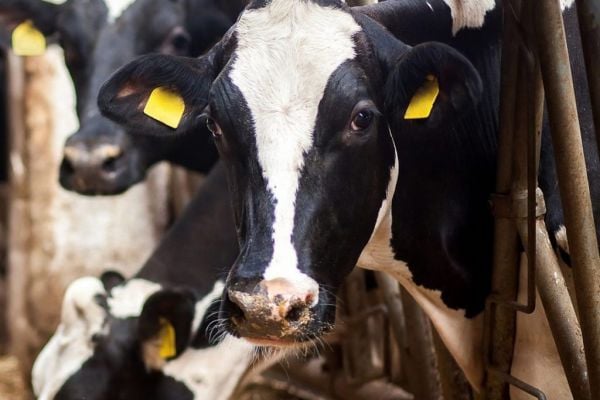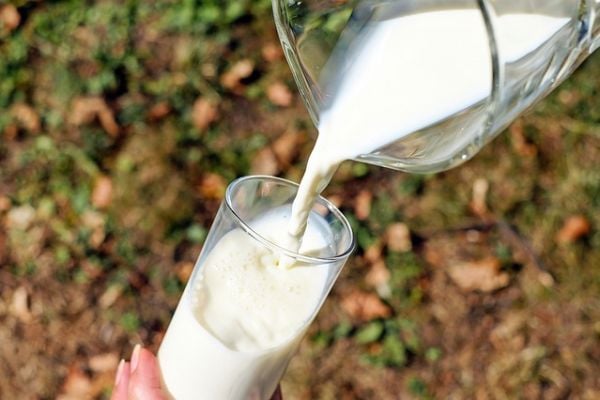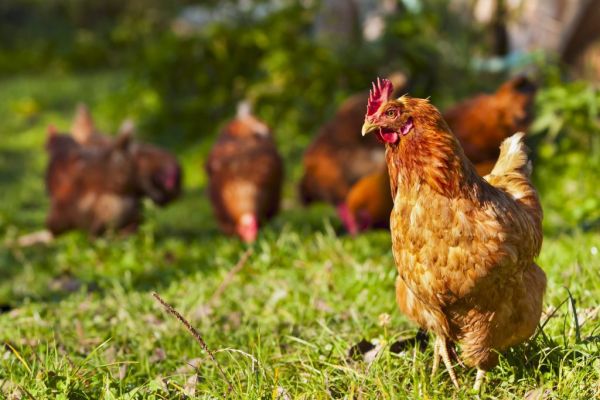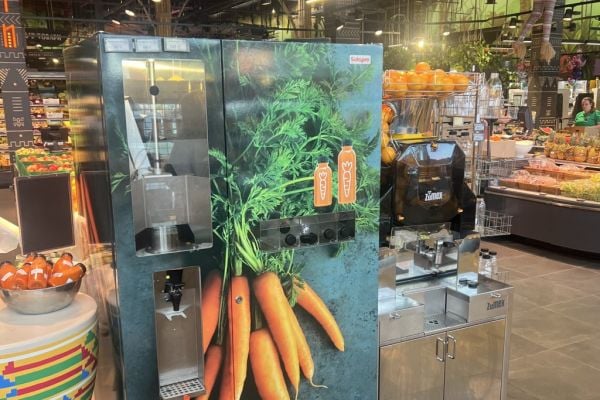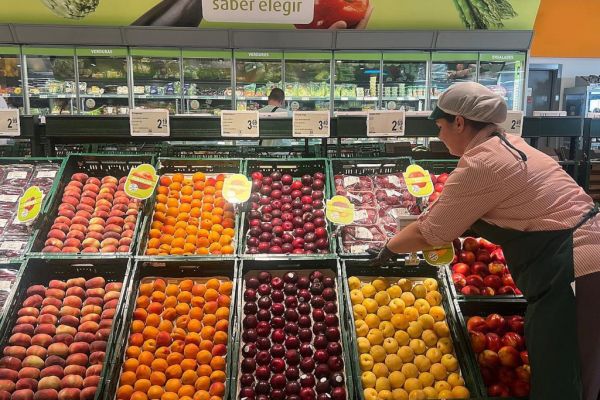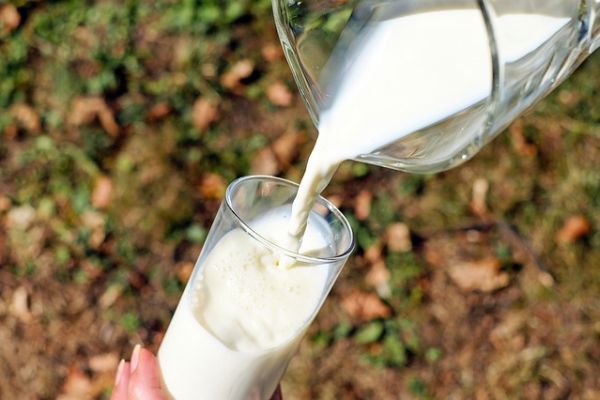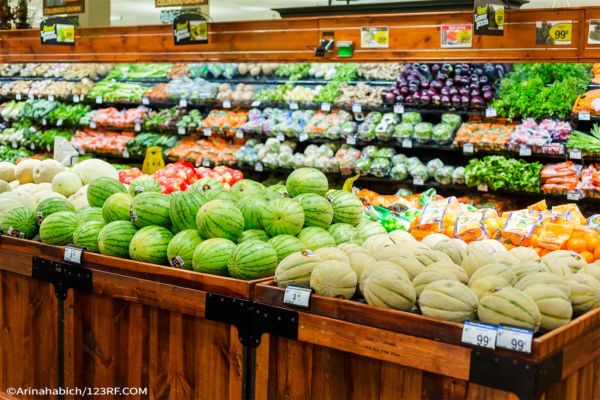Reports that bird flu has spread to dairy cows at farms in Kansas and Texas will present challenges for meat and dairy businesses in the US seeking to maintain consumer trust, according to GlobalData.
The US Department of Agriculture (USDA), the Food and Drug Administration (FDA), and the Centers for Disease Control and Prevention (CDC) recently confirmed the spread of bird flu at the farms, following which a person in Texas was diagnosed with a highly virulent strain of bird flu.
The CDC has stressed, however, that the risk of the public contracting the virus is low, as it primarily spreads through close contact with infected birds.
Consumer Experience
“Despite assurances from health authorities, it will be difficult for consumers to detach this concerning news story from their own experiences," commented Katrina Diamonon, principal analyst at GlobalData. "Many will inevitably be worried about how the spread of this virus may affect the safety of the meat and dairy products they consume.
“There is also residual anxiety and fear following the unprecedented and devastating impacts of the COVID-19 pandemic. Even though there is no definitive proof of how the pandemic started, one prominent theory is that the virus emerged in wild animals and spread to humans at the market.
"This has naturally served to raise suspicion about the meat supply chain and cause consumers to rethink their choices.”
A recent study by GlobalData found that more than a quarter (27%) of consumers around the world said that they consume plant-based meat or dairy alternatives for safety reasons, amid wariness over certain animal-based products.
Industrial Agriculture
In addition, consumers are becoming increasingly aware of the potential food safety risks associated with industrial agriculture practices, GlobalData said.
'For example, factory farming often involves high-density confinement of animals, which can facilitate the spread of pathogens, while crowded and unsanitary conditions increase the likelihood of disease transmission, leading to higher levels of contamination in animal products,' it noted.
“It is crucial to establish consumer confidence in products through clear labelling, certifications, and seals, as well as traceability and supply chain information," Diamonon added. "No brand is immune from food safety scares, but proactive reassurances from brands can help regain consumer trust.”
